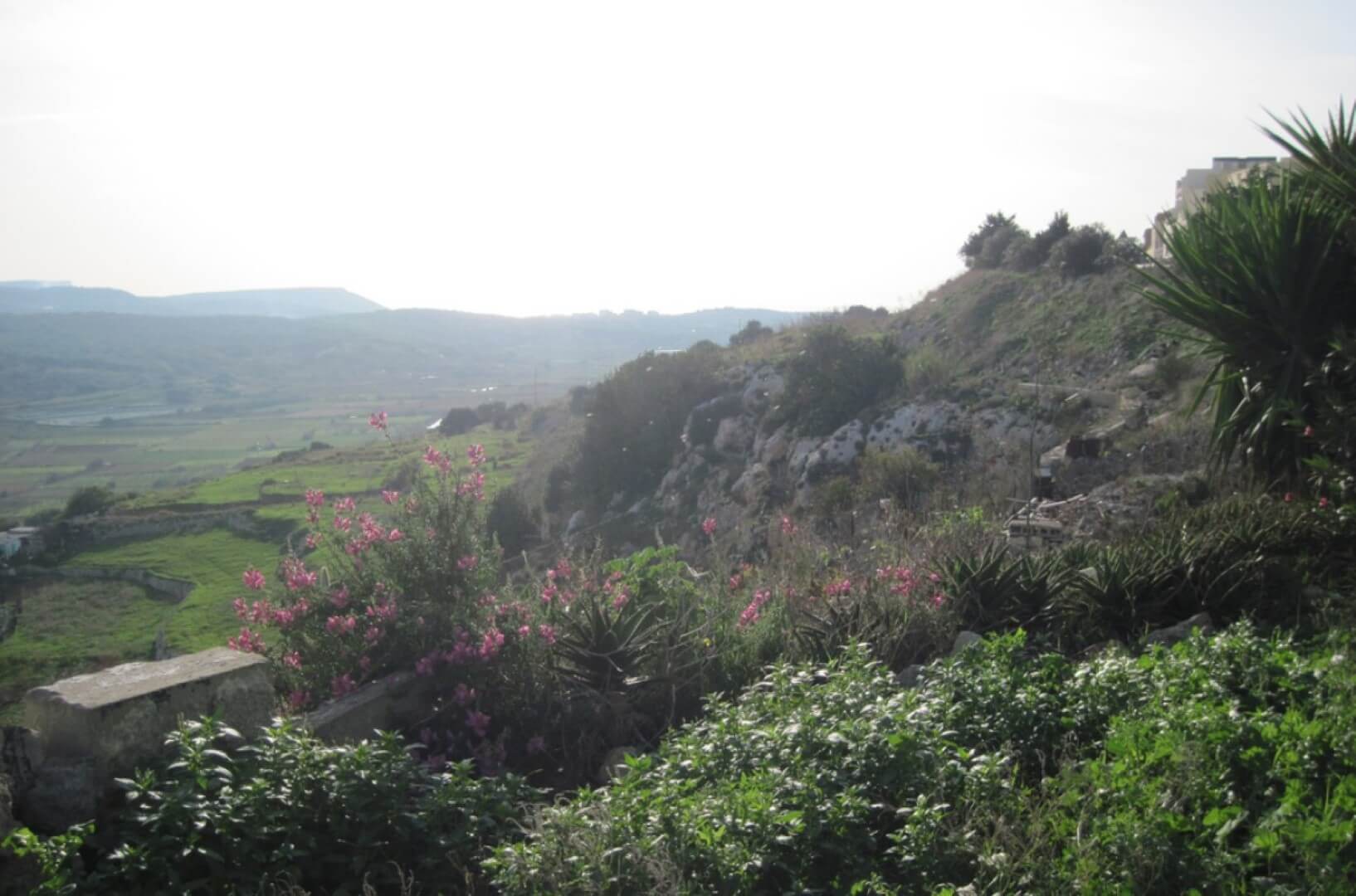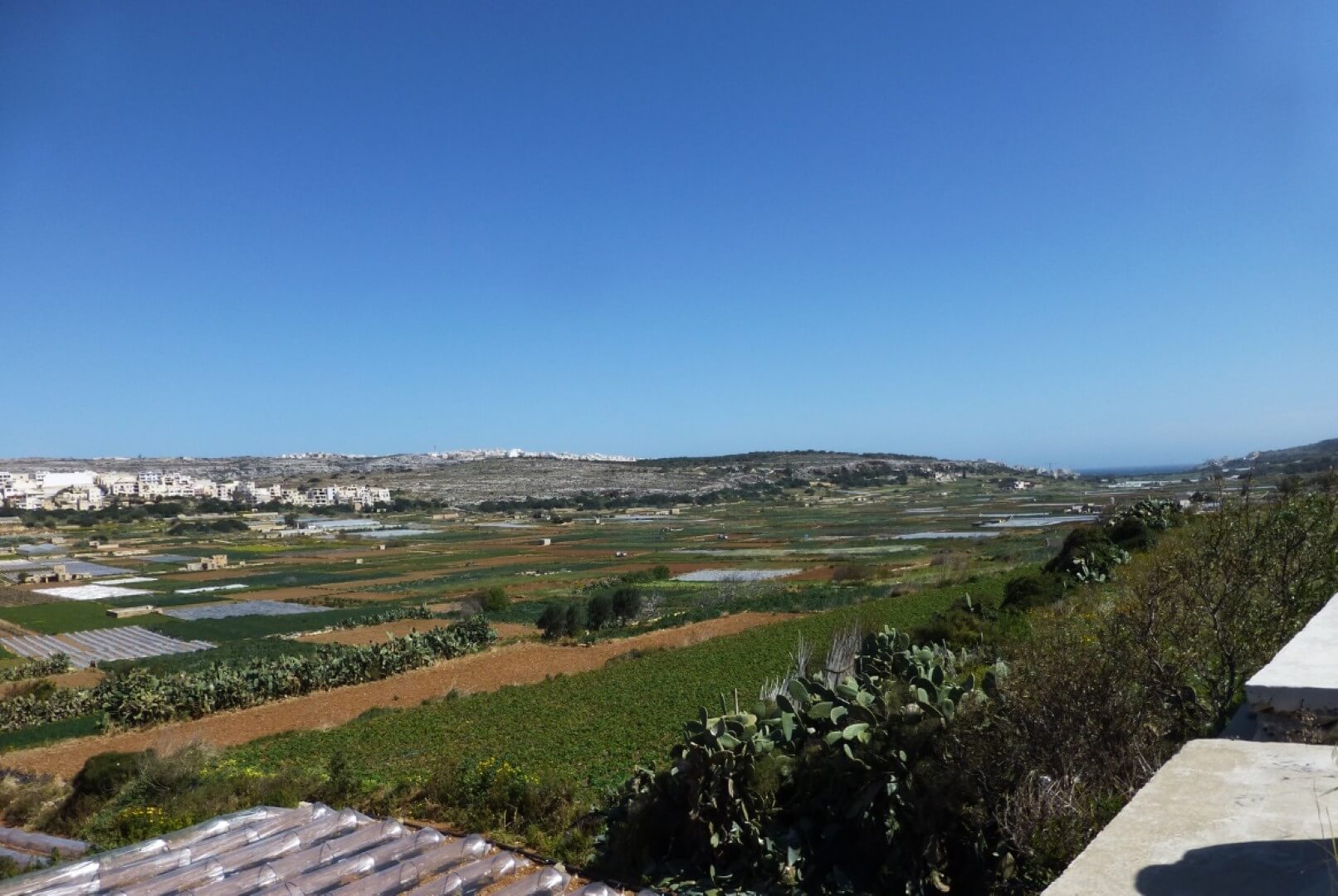Action C.8: Development of a Managed Aquifer Recharge Scheme in the Pwales Groundwater Body
Concrete action
OBJECTIVE
Action C.8, being undertaken by two beneficiaries, the Water Services Corporation (WSC) and The Energy and Water Agency, is the development of a Managed Aquifer Recharge (MAR) Scheme in the Pwales Coastal Groundwater Body in the North of Malta which envisaged to have a positive impact on the quantitative and qualitative status of the Pwales groundwater body and will act as a pilot for the development of further MAR schemes in Malta. This aquifer system, due to its hydrologically isolation and anthropogenically highly impacted nature has been identified in the studies leading to the formulation of Malta’s 2nd River Basin Management Plan as one of the ideal sites for the undertaking of an initial application of MAR techniques on a groundwater body scale.
- LEAD BENEFICIARYWater Services Corporation (WSC)
- LOCATIONPwales, Malta
- STATUSOngoing
- KEYWORDS Managed Aquifer Recharge, MAR,
- RELATED ACTIONS A.3,
The MAR scheme will utilise high quality reclaimed water from a nearby wastewater reclamation plant during periods when the demand for irrigation water is lower than the available volume of reclaimed water. The wastewater treatment and reclamation plant, which is owned and operated by the WSC, receives water from the Northern part of Malta and following biological treatment is polished utilising ultrafiltration, reverse osmosis and an advanced oxidation process to produce reclaimed water which is suitable for unrestricted irrigation.
The coastal aquifer lies below the intensively cultivated Pwales valley and is bordered by the sea on the West and East side and its elevation gently dips eastwards from 24 meters down to 2 meters above the mean sea level. Due to the intense agricultural activity and its vicinity to the sea, like many coastal aquifers, the Pwales groundwater body suffers from seawater intrusion.
The initial steps in the development of the project involve activities which will further our understanding of the hydrogeological characteristics of this groundwater body. These activities, which must be carried out in collaboration with the farmers who work the fields in the valley, include a geophysical survey, extraction of a number of rock cores and their analysis, in-situ investigations to obtain field saturated hydraulic conductivity as well as a monthly survey of agricultural wells to characterise the water quality and level and provide a baseline prior to initiating water injection.
A key tool in the design and monitoring of the MAR scheme is numerical modelling. New information obtained through the field activities undertaken over the next few months will be included in the numerical models which have been developed and these models will be utilised in the design of the MAR scheme and continuously updated throughout the monitoring phase which is planned once the MAR scheme is operational. An Early Stage Researcher forming part of the Managed Aquifer Recharge Solutions Training Network (MARSoluT), a four-year Marie Skłodowska-Curie Actions (MSCA) Innovative Training Network (ITN) funded by the European Commission, is involved in field investigations and modelling of this pilot MAR scheme.

